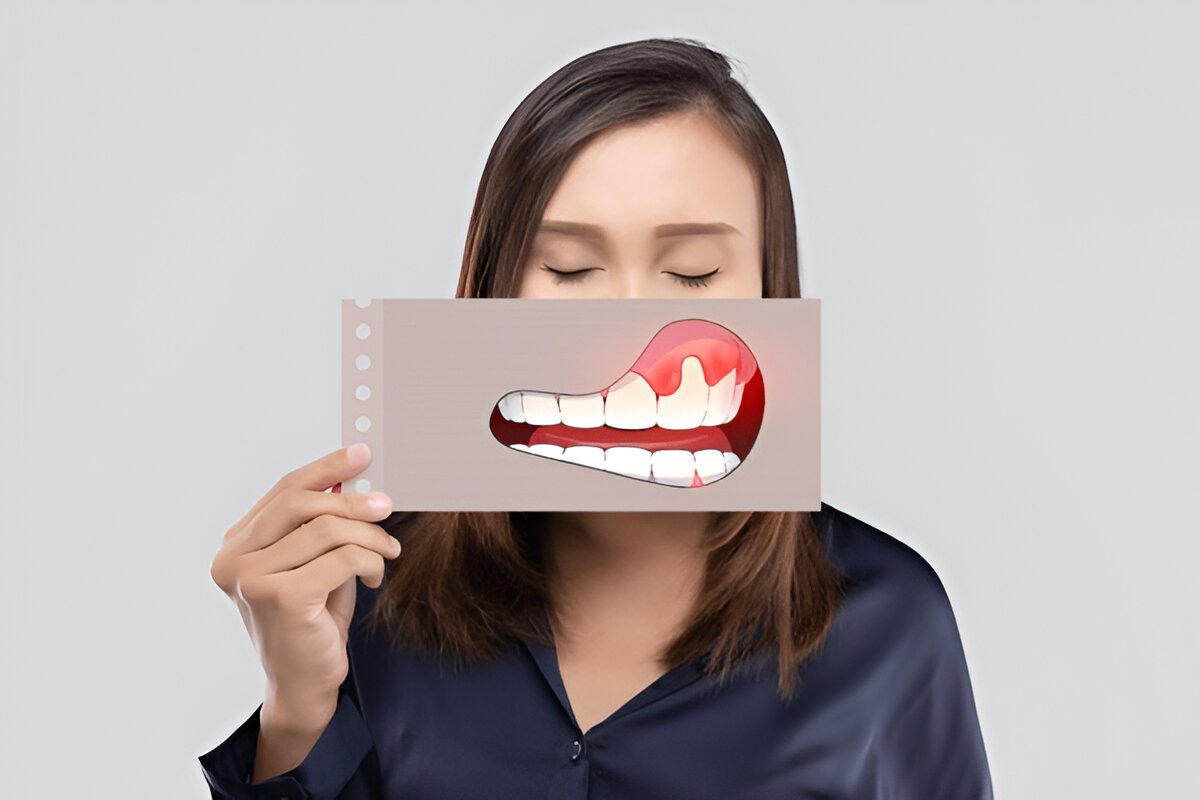Have you been treated for gum disease and are now wondering what comes next for your smile? Many patients who lose teeth due to advanced gum problems want a long-term solution. dental implants in Sherwood Park can be a life-changing option once your gums and bone are healthy enough for treatment.
Can You Still Get Dental Implants After Gum Disease?
You can still get implants after gum disease, but the right timing is important. Your gums need to heal fully before any implant surgery is done. This ensures the implant has a stable foundation and lowers the risk of complications. A dental professional will first confirm that your infection is gone, your bone is strong, and your mouth is healthy enough to support the procedure.
Why Work with Dentist in Sherwood Park?
Choosing the right professional for the job is just as important as the treatment itself. A local dentist can not only take a thorough check of your dental health but also advise on the whole process of treatment and provide you with a personalized service that is convenient. Since every person has a different mouth in terms of healing after gum disease, a local specialist who understands your needs will be the one who guarantees you the safest and most effective treatment.
Do Implants Work If You Have Gum Disease?
If gum disease is active, implants won’t succeed. Active infection can destroy bone and tissue, which are vital for implant support. However, after successful gum disease treatment, implants can integrate with the jawbone and function just like natural teeth. Patients who maintain good oral hygiene and regular dental checkups have the best chance of long-term success.
What Makes Dental Implants Unique?
It’s a fact that dental implants by no means just fill in the gaps in your mouth that have been left by the loss of teeth. Alongside this, they keep the bone in your jaw from being lost. Unlike dentures or bridges, implants form a direct bond with the bone through a process known as osseointegration. Therefore, bone loss is halted and the facial structure is maintained. Some benefits are
- The look and feel of natural teeth
- Longevity with the maintenance of good oral hygiene
- Keeping the support for the strength of the jawbone
- Getting back the ability to eat and speak.
- The confidence and the quality of life are enhanced.
What to Expect During Recovery After Implants
Recovery is normally a staged process:
- First wound healing: The gums around the area of surgery are assumed to be tender for a few days.
- Osteointegration period: The metal implant integrates with your jawbone in about 3–6 months.
- Prosthetic phase: Recovery is completed with the placement of a crown on the implant.
A majority of patients are able to resume their normal activities after a few days; however, the healing process over time is the main factor considered for the success of implants.
Why Are Implants Better Than Dentures After Gum Disease?
It is true that for a great number of people, standard dentures are not as reliable as they are supposed to be, and they also may lead to irritation of the gums. On the other hand, implants give a feeling of safety because they are tightly fixed in the jawbone. It is also worth mentioning that implants, as opposed to removable ones, stop further bone loss, which is a very vital point for patients that had gum disease in the past.
Quick Comparison:
Implants: Permanent, keep bone, mimic natural teeth
Dentures: Removable, possibly slip, do not allow bone loss
Ready to Rebuild Your Smile?
Your smile deserves a fresh start after gum disease. Dental implants can give you strength, stability, and confidence again. Book your consultation today with Aspire Dental and take the next step toward a healthier future.
FAQs
How long after gum disease treatment is it advisable to get implants?
Typically, the majority of patients are advised to wait a minimum of 3-6 months. The duration of the wait, however, is influenced by the extent of healing and the condition of the bone.
Is bone grafting an option that would help me with bone loss due to gum disease?
Certainly, with the aid of bone grafting, the jaw can be regenerated, and dental implants can be installed even after losing bone.
What happens if gum disease returns after I get implants?
Implants can fail if gum disease comes back. Regular hygiene and dental visits are essential to protect them.
Are implants safe for older adults who have had gum disease?
Moreover, age is not a limiting factor, provided that the gums and bones are in good condition to give support to the implants.
Do implants require special cleaning if I had gum disease before?
Cleaning around the implant should be done with the usual methods of brushing and flossing and with the use of tools such as water flossers, as for natural teeth.
